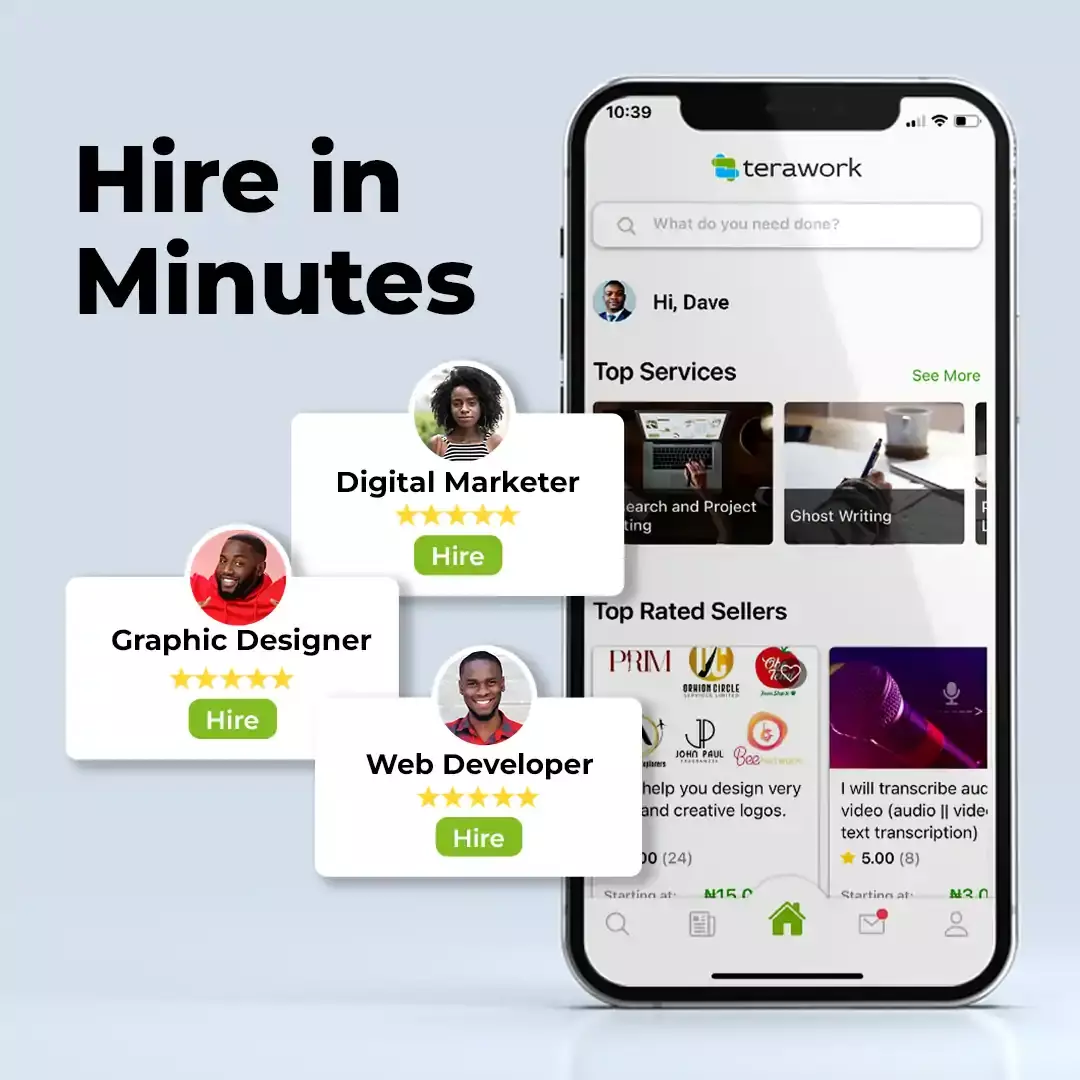While freelancing has long been attractive, the COVID-19 pandemic has thrust it into the spotlight. Freelancing has emerged as the solution for many as the workforce becomes more dispersed across industries. It used to be something that people did in between “real” jobs, but attitudes toward it have significantly shifted in recent years.
A lot of people start freelancing with the misconception that they will be able to spend all of their time working on projects they enjoy, only to rapidly learn that this is not the case. Along with being accountable for the quality of the work you produce, you must now manage all of the less-than-fun details necessary to keep a business afloat, such as accounting, sales, business development, etc.
Here are the things freelancers should know
1. Keep your customers satisfied
While it’s necessary to get your name out there, you should also focus on building a solid reputation, so make sure you consistently provide high-quality work and adhere to deadlines.
Establishing and maintaining good relationships with your clients while freelancing is important because recommendations and evaluations may make or break a freelancer’s career. Since most clients are sensible and pleasant to work with, this is typically not too difficult. However, a challenging client will occasionally come your way as a freelancer.
A challenging customer could give you ambiguous instructions, be entirely unreasonable in what they want you to accomplish, or just not know what they want. They might ask you to work in a manner that is inconsistent with best practices, your own work preferences, or your skill set. Or they can simply be a pain to work with.
It’s critical to treat the client with care in these circumstances. If you can, try to leave the job and do so amicably; the last thing you want is for a disgruntled former customer to disparage you to other possible clients (no matter how harsh their criticism of you may be).
2. Know how to say no
Be aware that it is much easier said than done. It can be quite tempting to accept any project that is offered to you, especially when bills need to be paid and your workload appears to be particularly light. When interacting with a potential client, be on the lookout for the warning flags. Are they prompt? Do they not debate about your rates and respect your time? Do they have a clear idea of the kind of work they wish to accomplish, or are they disorganized?
You can decide whether or not you are a suitable fit for this possible client by bearing these questions in mind. You must make sure that each job you embark on is worthwhile of your time since, as you may recall, accepting one means turning down a bigger one in the future.
3. Use social media to increase your influence
Your reach will increase dramatically if you use social media wisely. Take a thorough strategy after determining which social media platforms are most significant to your target audience. Create a brand voice and maintain it over all platforms (but remember that no one likes being constantly marketed to).
Share information that will interest your target audience, encourage your friends’ creative endeavors, and, most importantly, be authentic. Don’t be hesitant to contact the experts for assistance because the world of social media is so vast these days.
4. Bring Value
Remembering to add value for your clients at all times is among the most crucial principles to acquire. You don’t market your services for sale. Your ability to add value to your client is what you are selling. Why do customers choose to hire you when there are hundreds or even thousands of people and businesses who can perform the same thing?
Since you bring efficiency, a strong work ethic, and value to every client, they cannot find the “you” experience anyplace else.
Not only will this assist you draw in and keep clients, it will also ensure that you aren’t undervaluing yourself in terms of the amount of money you’ll be making every assignment. It becomes simpler to be steadfast with your pricing once you have successfully demonstrated your value to a client.
5. Utilize online resources to find clients
Web-based platforms are making it easier for freelancers and clients to interact as freelancing spreads across all industries. terawork, which provides a job marketplace for thousands of independent workers to display their skills, is at the forefront of this industry.
Customers looking for independent professionals are also aware that they can register on these sites to find them. This enables customers to conveniently gather quotes from many independent experts in the relevant field and evaluate their portfolios and samples of prior work.
6. Make sure to ask for referrals
When a job is finished, make sure to ask for referrals as you start to attract more clients. Tell your clients that you want to grow a successful business and that you are accessible if they know of anyone else seeking a freelance professional to assist them with their task. The recommendation will also be given greater weight because these referrals come from clients who have shown they value your work.
Inquire about customer feedback as well. These testimonials can be put on your portfolio, on a personal website for your business, or even on social media platforms like LinkedIn. Like any small business, proving the reliability of your brand will help you draw in customers looking for similar services.





